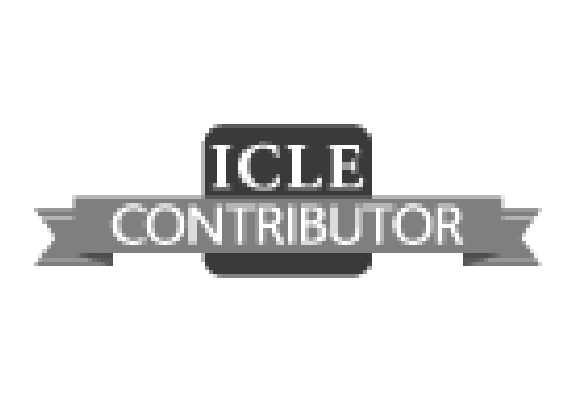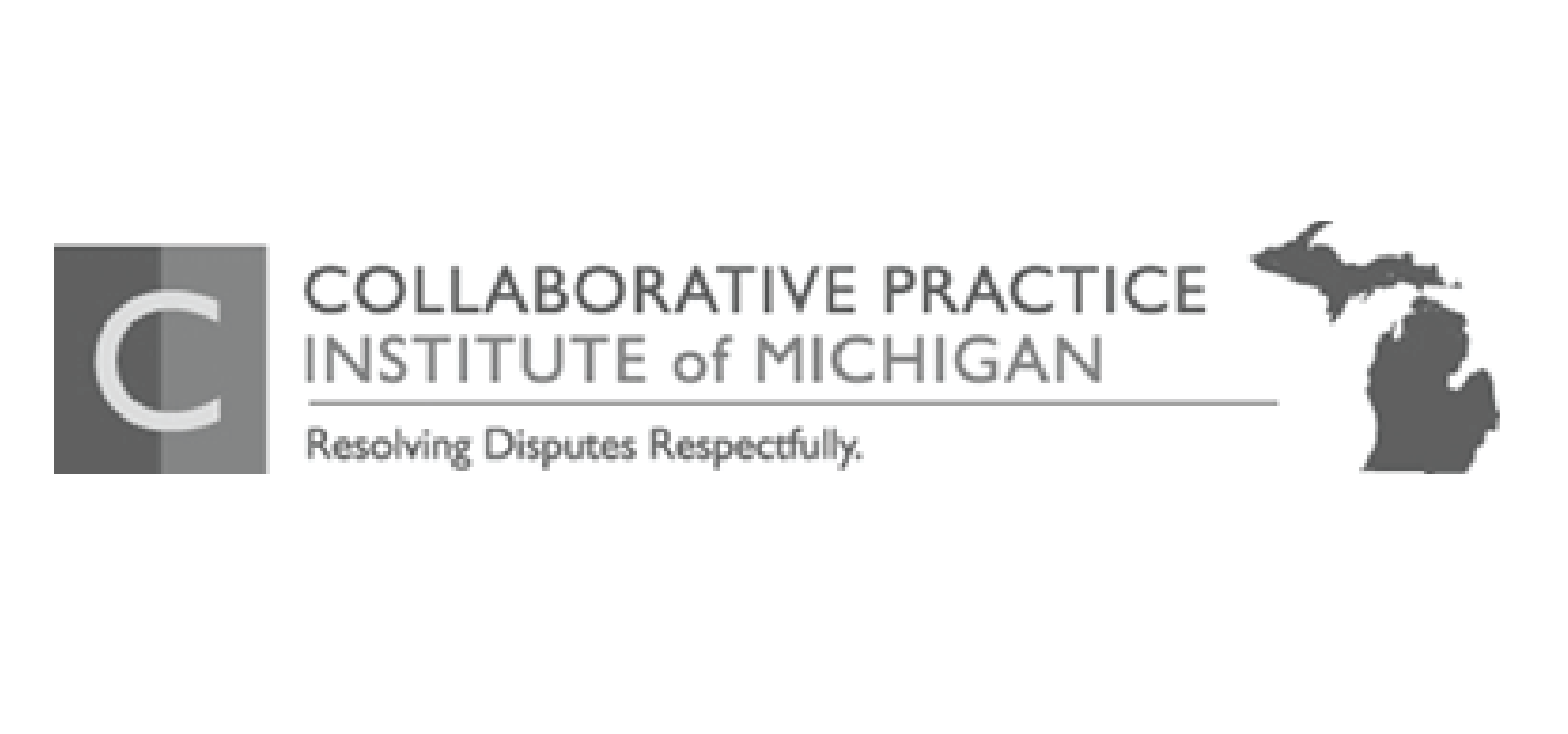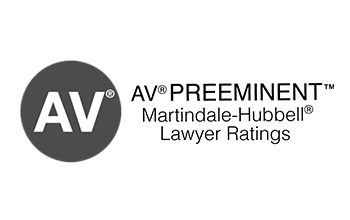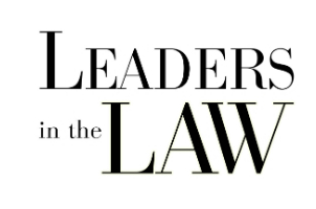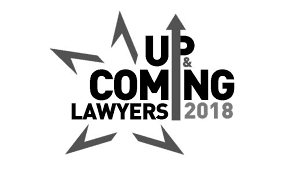Five Common Mistakes with “Do It Yourself” Estate Plans
November 30, 2020 Category: Real Estate
By Attorney Laurie Raab
Because of the pandemic, many people have become aware of the importance of creating or updating their estate planning documents. It may be tempting to create your own documents. Whether you are considering writing your own Last Will and Testament or using an online “do it yourself” (DIY) document creator, there are many reasons why this is one project you should not undertake without the help of an experienced attorney. Spending money on a proper estate plan now will prevent mistakes that could cost you and your family money far in excess of the fees charged by an attorney for preparing the documents.
What is a DIY estate plan? A DIY estate plan is something that you “do yourself” without the advice of an estate planning attorney. Someone who DIYs their own legal documents could be:
- Handwriting a “will” themselves;
- Downloading a “fill in the blank” document they found on the internet; or
- Using an online document generator that asks pre-set questions.
Below are five common mistakes associated with DIY estate plans.
1. DIY estate plans may not conform to law.
Forms that can be found on the internet may claim to conform to the law in your state, but this may not always be the case. The laws that apply to estate planning are determined by each state, and there can be wide variations in the law from state to state. In addition, if you own property in multiple states or countries, the laws in those jurisdictions may differ significantly, and your DIY estate plan may not adequately account for them.
2. A DIY estate plan could contain inaccurate, incomplete, or contradictory information.
If you attempt to create a Will using an online questionnaire, there is the possibility that you may select the wrong option or leave out important information that could prevent your Will from accomplishing your goals. Potential problems could be made even worse when do-it-yourself services allow users to insert additional information not addressed by the service’s preset questionnaire: the information added by a DIYer could contradict other parts of the automated Will.
3. Your DIY estate plan may not account for changing life circumstances.
For example, if you create a Will in which you leave everything to your two children, what happens if one of those children dies before you? Will that child’s share go entirely to his or her sibling or will it go to the deceased child’s offspring? What if one of your children accumulates a lot of debt? Is it okay with you if the money or property the indebted child inherits is vulnerable to claims of the child’s creditors? What if your Will states your daughter will receive the family home as her only inheritance, but it is sold shortly before you die? Will she inherit nothing? Unlike with a computer program, an experienced estate planning attorney will help you think through the potential changes and contingencies that could have an impact on your estate plan and help you design a plan that prevents unintended results that could frustrate your estate planning goals.
4. Mistakes in executing the plan can be easily made.
There are certain requirements that must be met for Wills and other estate planning documents to be legally valid, and this varies by state. For example, under Michigan law, a will must either be (i) signed by the will-maker, or (ii) in the will-maker’s name by another person at the will-maker’s direction and in the will-maker’s conscious presence. The Will must also be signed by two witnesses. If these criteria are not met, the Will may still be valid, but only if it is dated, contains the will-maker’s signature, and the material portions of the Will are in the will-maker’s handwriting. This type of will is known as a Holographic Will.
Similarly, for a valid Durable Power of Attorney under Michigan law, there are various signing requirements that must be met, including that it either be signed in the presence of two witnesses, neither of whom is the designated attorney-in-fact, or that it be acknowledged by the maker before a notary public.
If you seek the help of an estate planning attorney, you can rest assured that all of the “i’s” are dotted and the “t’s” are crossed, and that your intentions will not be defeated because of mistakes made during the execution of your documents.
5. Assets may be left out of your estate plan.
Many people do not realize that a Trust is frequently a better estate planning tool than a Will because it avoids expensive, time-consuming, and public court proceedings that would otherwise be necessary to transfer your money and property to your heirs after you pass away. Even if you have created a DIY Trust, if you do not “fund it” (i.e., transfer title of your money and property into the name of the trust) it will be ineffective and your loved ones will still have to endure the probate process to finish what you started.
Further, if you do initially transfer the title of all your assets to the trust, it is likely you will acquire additional property or financial accounts over the years that must go through probate if the titles are not transferred to the trust. Regular meetings with an estate planning attorney can help ensure that your plan accomplishes your goals and that your grieving family members are not left with major headaches after you die.
We Can Help
A DIY estate plan can lead to a false sense of security because it may not achieve what you think it does. If your DIY Will is invalid, your property and money will go to heirs specified by law, and they may not be the people you would have chosen. An unfunded trust will be ineffective. Banks may not accept a generic power of attorney you found on the internet. Laws affecting your estate plan may change.
These are just some of the mistakes or unforeseen issues that could cost your family dearly. An experienced estate planning attorney is aware of trends in the law that could dramatically affect your estate plan and has the expertise needed to help you design and create a comprehensive and effective plan.
Call us today so we can help provide you and your family with the peace of mind that comes from knowing that you have an estate plan that accomplishes your goals and avoids unnecessary attorneys’ fees, headaches, or conflict for your grieving family in the event you become incapacitated or when you pass away.
Jeffrey Robbins 248-230-2722 jrobbins@hertzschram.com
Laurie Raab 248-636-1566 lraab@hertzschram.com
We encourage you to reach out with any questions or if you have any other business or personal needs, please contact the Hertz Schram legal team at (248) 335-5000 if you would like to learn more about your legal rights and options.









